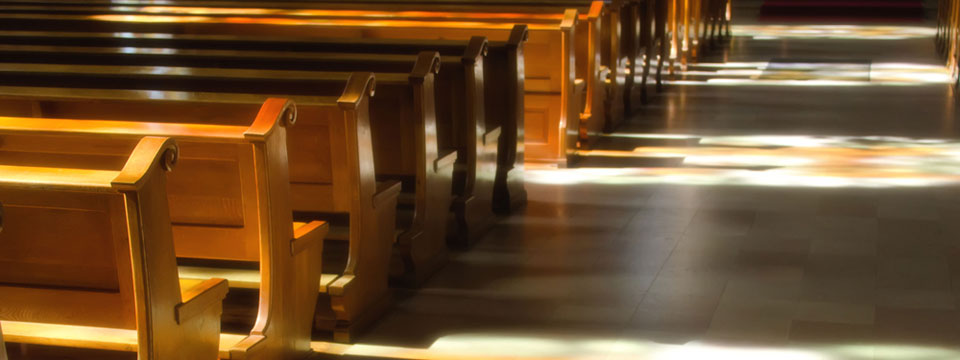Earlier this year Ligonier Ministries commissioned Lifeway Research to survey what Americans believe about theology. Their study, ‘The State of Theology’, interviewed 3,000 people and asked them 43 theological questions ranging from beliefs about God, to salvation, and the afterlife. Stephen Nichols, chief academic officer of Ligonier Ministries, says the study was intended to “take the temperature of America’s theological health. They wanted to know how people in the pews—and people on the street—understand theology.”
Many Americans get the basics right, but they’re often fuzzy on the details, says Ed Stetzer, executive director of LifeWay Research.
“People like to believe in a generic Christian-ish god with cafeteria doctrines,” says Stetzer. “However, when we asked about harder beliefs—things that the church has and still considers orthodoxy—the numbers shift.”
Ligonier founder and chairman, R.C. Sproul, says, “What comes screaming through this survey is the pervasive influence of humanism.”
Here are some things that stand out from the survey…
- Most people know some about a lot of theological issues, but they don’t seem to know much about any.
- Evangelical Christians who attend church at least once a month scored the highest, that is their answers fell most closely in line with historic Christian orthodoxy. Even in this group, however, the scores were surprisingly low in what seem to be basic and fundamental theological categories.
- The survey showed that people do not like to take strong stands on absolute statements such as Jesus being the only way to salvation, hell as the judgment for lostness, the Bible as God’s perfect word, and others.
- The survey reflected an individualistic understanding of faith. Most people, including Christians, answered in a way that set themselves as their own authority for belief. The result of this is people will accept the parts of theology they like and will reject what they don’t like.
- As sociologist Christian Smith has long maintained, the American public equates Christianity with a ‘moralistic therapeutic deism’: There is God, He wants me to be a generally good person, He wants me to be happy, He will help me if I need help, and I will go to heaven if I’ve been a generally good person. This view is pervasive among Christians and non-Christians alike.
So what should we take away from the survey? What are the implications for the church, discipleship, and evangelism? Here are a few suggestions and ideas:
- The need is great for Christians to study the Bible and be taught the Bible.
- Churches and church leaders (pastors, elders, small group leaders, etc…) must not assume the people they lead believe the right things, believe them well, or can communicate what they believe. Assuming is a real danger.
- In a pluralistic culture where people have no problem with a vague and private religion, the need for apologetic and worldview training are just good but absolutely essential.
- Most people have religious opinions and beliefs even if they are wrong or inconsistent. These are the connections we need to make with them for evangelism and sharing the Gospel.
- American culture is becoming increasingly syncretistic, meaning people will accept what they like from many faiths and reject what they dislike. This means we must become skillful in communicating not only the Gospel but the implications of believing the Gospel.
- Compromising on hard issues (absolutes and exclusivity of Christianity) will never accomplish what we desire, even if our motives are good. Faithfulness to God and His word are the only things that will lead to the true good news of the Gospel.
For further reading about the survey, please visit:
www.lifewayresearch.com/2014/10/28/americans-believe-in-heaven-hell-and-a-little-bit-of-heresy/
www.thegospelcoalition.org/blogs/trevinwax/2014/10/29/heres-where-your-neighbors-are-theologically/
